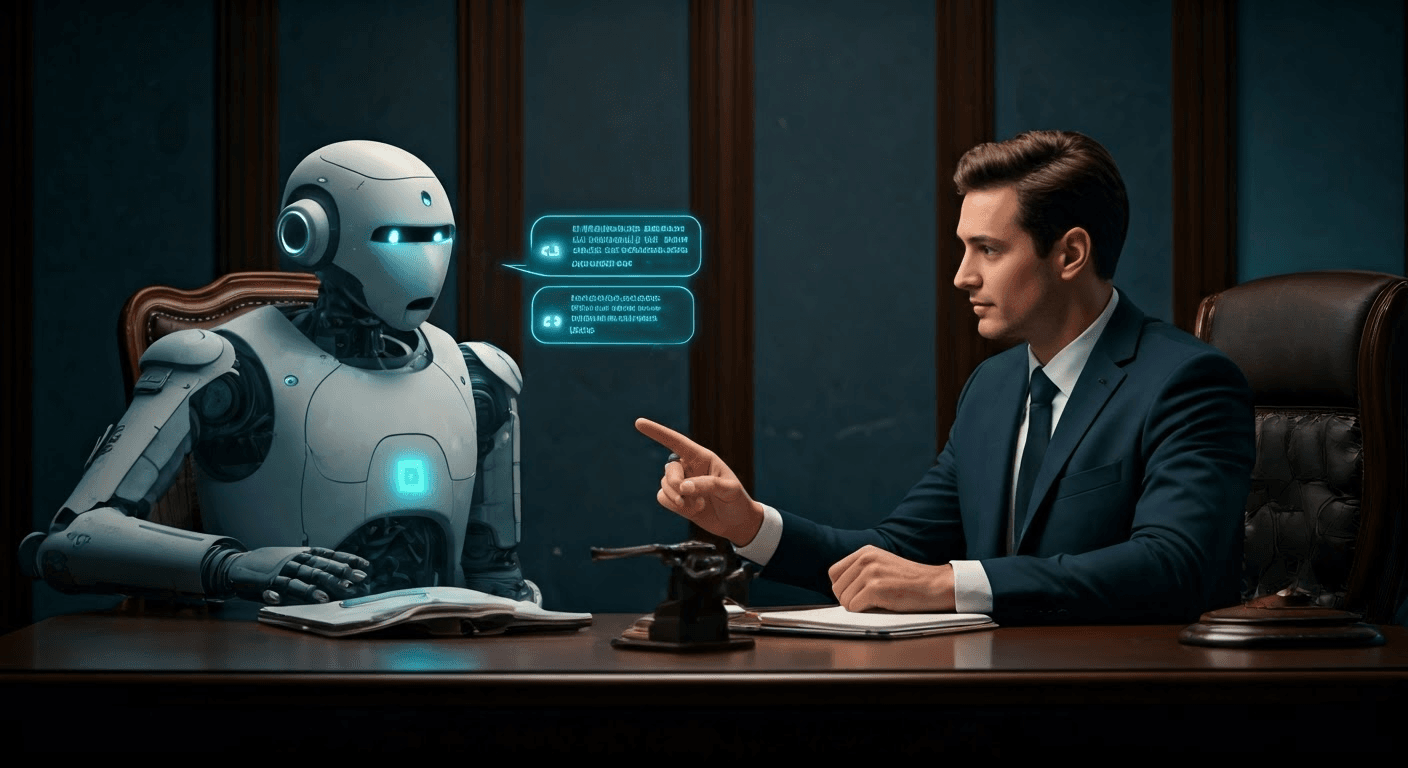
Top Features and Benefits of Legal Chatbots for Law Firms
- Legal chatbots are transforming client interaction and daily operations in law firms.
- These AI-powered tools automate routine tasks, answer client questions, and offer basic legal guidance.
- Key features include natural language processing for seamless communication and integration with legal databases for accurate responses.
- Ethical considerations such as confidentiality, legal advice boundaries, and compliance are crucial.
- The future holds exciting AI advancements, urging law firms to embrace legal tech trends.
Introduction
The legal profession is going through big changes because of legal technology, especially artificial intelligence (AI) and legal writing. Legal professionals see how AI can help them work better, improve client experiences, and operate more efficiently. As we look toward the future of law and things become more digital, AI chatbots are becoming important tools. They are changing how law firms connect with potential clients and handle daily operations. This guide will look at how chatbots are transforming the legal industry and why law firms need to use them to stay ahead.
The Evolution of Chatbots in the Legal Field
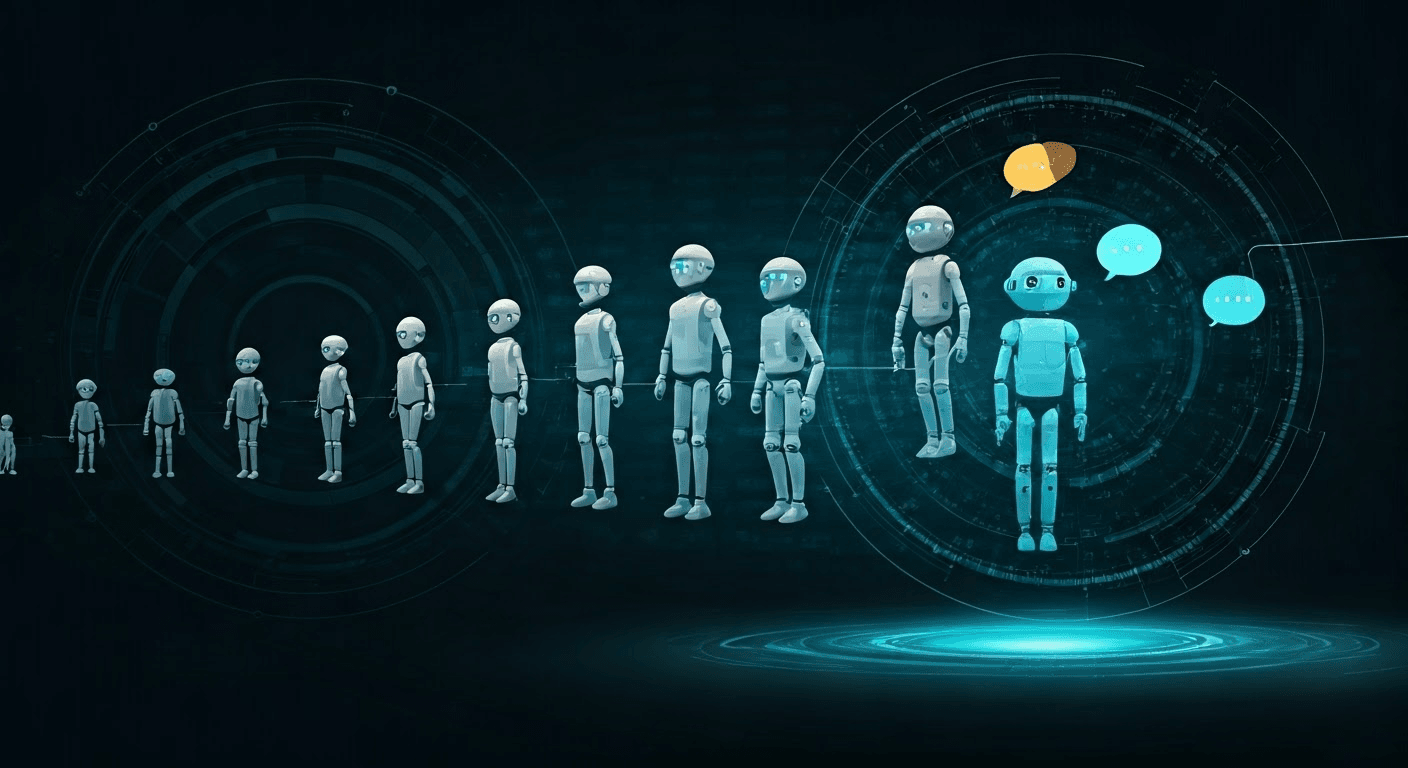
Chatbots started by offering basic legal information in the legal field. Now, they have grown into advanced AI helpers that can do many different tasks. This change shows a big movement toward making legal services easier and more efficient for everyone.
From Basic Interactions to Complex Legal Assistance
Legal chatbots started out by helping with simple tasks. They answered basic legal questions and guided users on websites with reliable legal information. Now, with improvements in generative AI, these chatbots can understand complex legal issues. They can perform legal research, assist with document preparation, draft documents, and offer more in-depth legal guidance. This change has turned them from just providing information to being more active legal assistants.
Impact on Law Firms’ Efficiency and Client Satisfaction
The use of chatbots has greatly improved how law firms work and how happy clients are, enhancing the delivery of legal services. Chatbots can handle tasks such as scheduling appointments, taking in clients, and preparing documents. This lets legal teams save time and pay more attention to complex legal work. As a result, clients get faster responses and better service, leading to more satisfied clients.
Understanding How Chatbots Can Benefit Lawyers
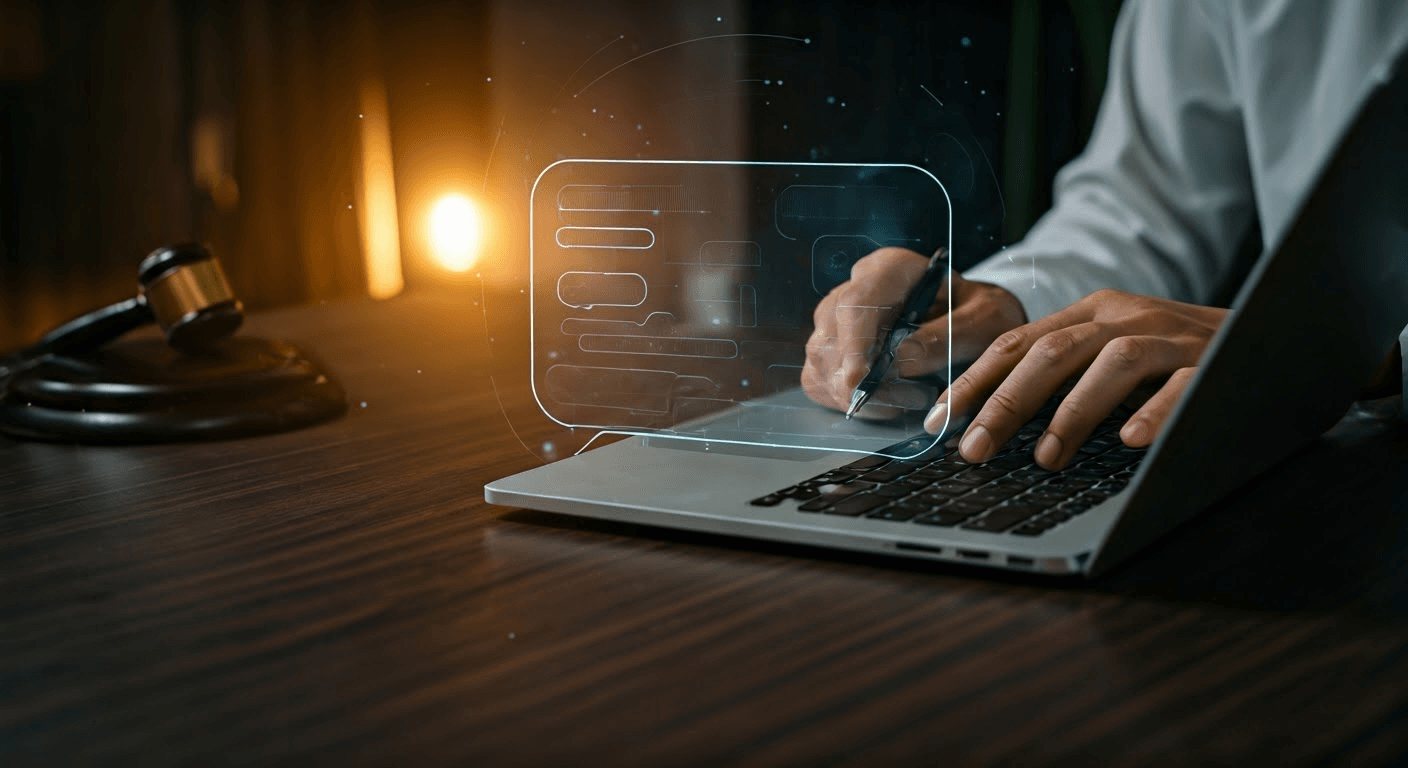
Chatbots have changed a lot over time. They now provide many benefits to lawyers. First, they can do simple tasks on their own. This saves lawyers time. Second, chatbots can help lawyers connect better with their clients. With these useful tools, the way lawyers work can improve a lot.
Automating Routine Tasks and Client Inquiries
One big benefit of chatbots is that they can take care of everyday legal tasks. An AI chatbot can quickly manage client intake, set up appointments, send reminders, and reply to common questions. This automation saves lawyers a lot of time. It also reduces mistakes, making work run more smoothly and efficiently.
Enhancing Client Engagement through 24/7 Availability
In today’s busy world, clients want help all the time. They expect quick responses, day and night. Chatbots act like virtual helpers that offer customer service. They are always ready to answer basic legal questions and guide clients through legal processes. They also provide updates about their cases. This constant help makes clients feel more involved and builds trust. This can lead to better relationships with clients.
Key Features of Effective Legal Chatbots
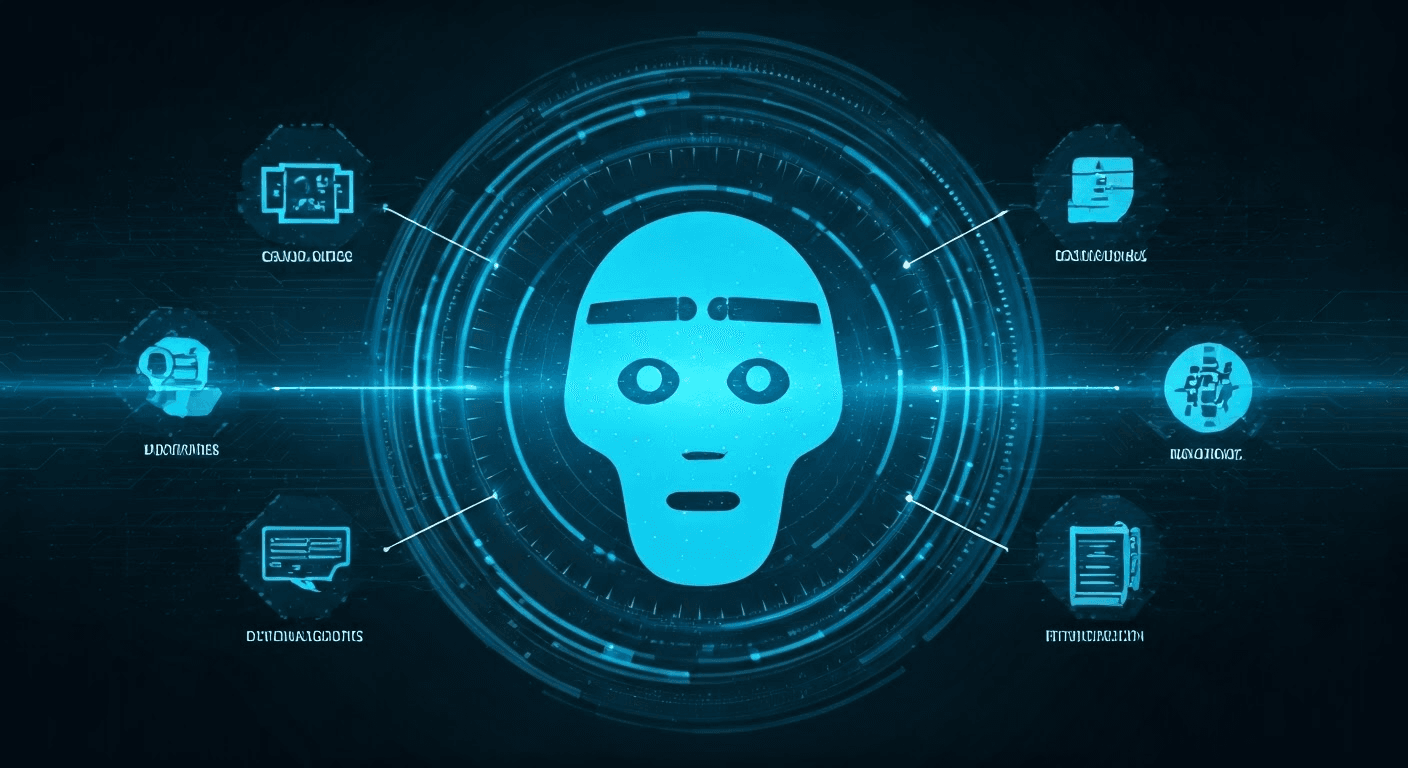
Effective legal chatbots rely on important features. These features help them understand, process, and respond to legal queries accurately and quickly.
Natural Language Processing for Improved Communication
At the center of a good legal chatbot is strong natural language processing (NLP). This tech helps chatbots understand and respond to legal queries in everyday speech. Because of this, they can give accurate responses in a talking style. This smooth way of talking with users is very important for keeping clients happy and building trust.
Integration with Legal Databases for Accurate Information
For legal chatbots to give good legal information, they need to connect to large and current legal databases. This connection helps them find relevant information, like case laws, statutes, and legal precedents. By doing this, they can ensure that the advice they provide is accurate and up-to-date.
Deploying Chatbots in Your Law Practice
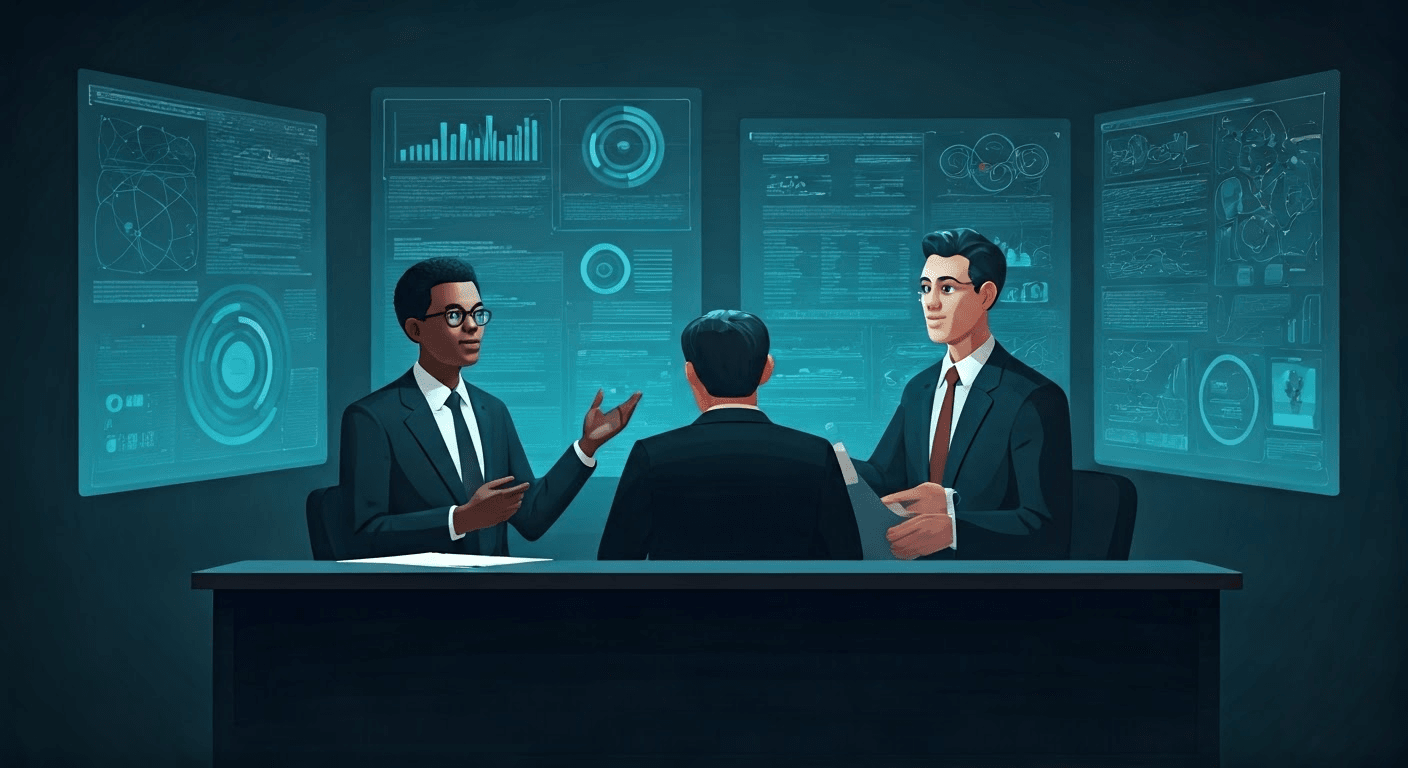
The way to add chatbots to a law practice needs careful planning and execution.
Steps for Successful Implementation
To successfully set up a legal chatbot, you need a good plan. First, find out where in your work a chatbot can help the most. Then, look into different chatbot platforms and pick one that fits your needs and budget. After that, make the chatbot with the right legal information and test it well before you start using it. Following these best practices will help make sure your integration goes smoothly and successfully.
Best Practices for Training Your Chatbot with Legal Knowledge
Training a chatbot well is very important for how it performs as an AI assistant. It must have a lot of legal knowledge from important laws, cases, and past legal decisions. Using both supervised and unsupervised learning methods can help the chatbot understand and answer many legal questions in a correct way.
Legal Ethics and Chatbot Interaction

- It is important to think about legal and ethical issues when using new technology.
- Keeping client information private is very important.
Navigating Confidentiality and Legal Advice Boundaries
When using chatbots in legal settings, it’s very important to follow legal ethics. Keeping client information safe is a top priority. This means using secure platforms and data encryption. It’s also vital to set clear limits. Chatbots shouldn’t give legal advice. Instead, they should help users find the right resources or legal professionals for complex legal issues.
Compliance with Legal Standards and Regulations
Legal chatbots need to follow industry rules and regulations. This includes data protection laws and rules about advertising for lawyers. It is important to set up ways in the chatbot that make sure these standards are met. This helps protect both the law firm and their clients.
Real-World Applications of Chatbots in Law
Chatbots are not just something from the future. They are now improving legal services in many ways.
Case Studies of Chatbots Enhancing Legal Services
Many case studies show the real benefits of using AI chatbots. For example, some law firms use chatbots to check documents. This cuts down the time for boring tasks. Other firms use chatbots for client intake and scheduling. This makes their work smoother and keeps clients happier.
Chatbots in Client Intake, Support, and Legal Research
Application | Description | Benefits |
Client Intake | Chatbots can automate initial consultations by gathering client information and qualifying leads based on pre-set criteria. | Increased efficiency, reduced administrative burden, improved client experience |
Legal Support | Chatbots act as virtual assistants, providing clients with 24/7 access to basic legal information, case updates, and answers to frequently asked questions. | Enhanced client communication, improved accessibility, reduced workload for legal staff |
Legal Research | Chatbots equipped with access to extensive legal databases can assist in conducting research by retrieving relevant case laws, statutes, and legal precedents. | Accelerated research process, improved accuracy, valuable resource for legal professionals |
Overcoming Challenges When Integrating Chatbots
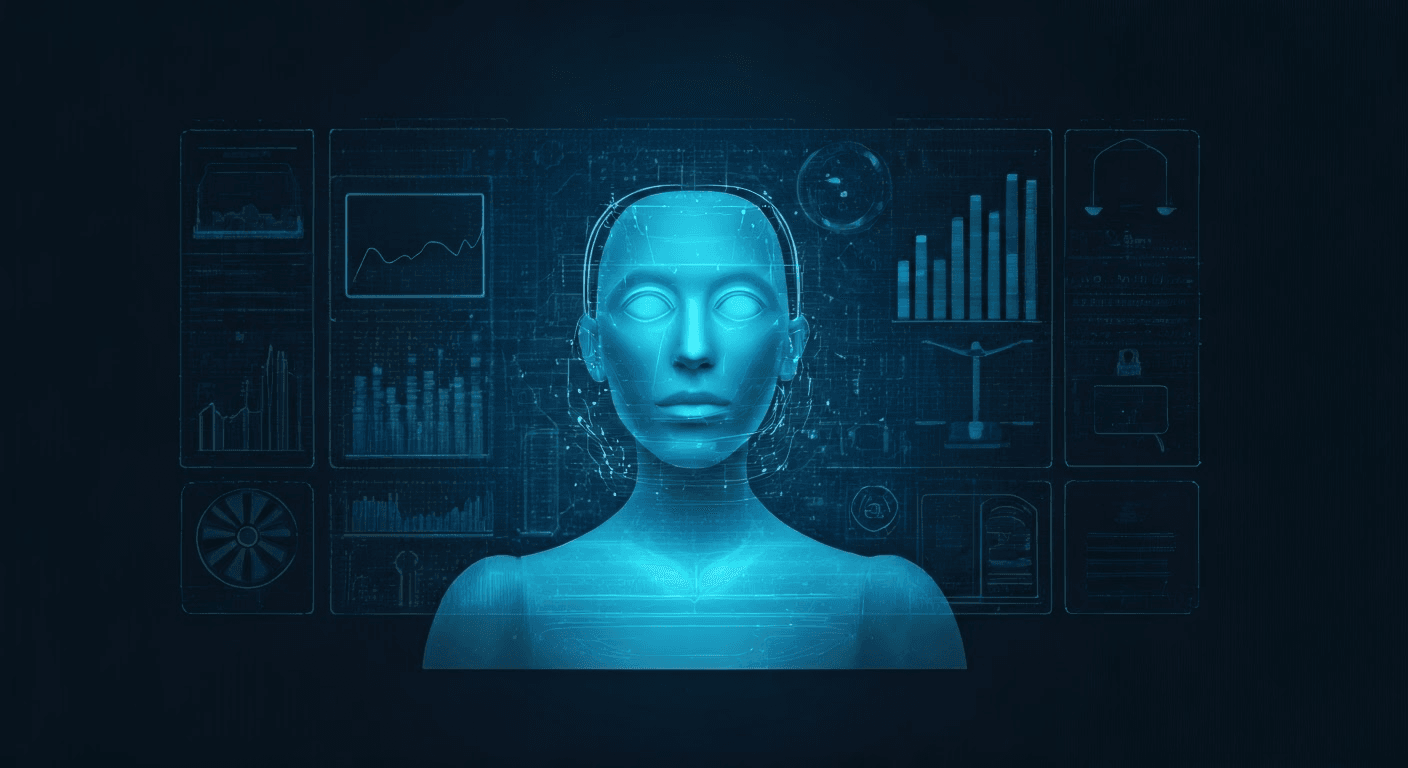
The benefits of chatbots are great. However, using them comes with some challenges. We need to recognize and solve these issues.
Addressing Privacy Concerns and Data Security
It’s very important to deal with privacy and data security, especially since law firms handle sensitive legal information. Key considerations for law firms include choosing chatbot platforms that have strong security features, like end-to-end encryption and safe data storage. Being clear with clients about how their data is handled is key to building trust.
Ensuring Reliability and Accuracy of Legal Responses
The trustworthiness and correctness of legal answers from chatbots are very important. It’s crucial to keep them updated with the latest legal information. Regular testing and careful training of the chatbot’s AI model are needed to make sure the information is reliable and up to date.
The Future of Chatbots for Lawyers
The future of AI in law looks like chatbots will become an important part of how we provide legal services.
Predictions on AI and Chatbot Advancements in Legal Tech
AI advancements show that legal chatbots will do much more than just a few simple tasks, including automating routine legal tasks. Picture AI systems that can read and understand vast amounts of legal information and complex legal documents. They could also conduct thorough legal research and help predict case outcomes much better than before. This ability to change the game highlights how important it is to keep up with the latest legal trends.
Preparing Your Law Firm for the Next Digital Leap
To succeed in this changing world, law firms need to get ready for the next digital move. They should invest in ongoing training for legal professionals about new technologies. It’s also important to create a culture of innovation. Additionally, firms need to look for ways to include AI and chatbots in their daily operations.
Conclusion
In conclusion, chatbots are changing the legal industry in many ways. They make processes smoother, improve client interactions, and increase efficiency. Chatbots can automate simple tasks and are available 24/7, providing many benefits to law firms and personal injury lawyers. By using natural language processing and connecting to legal databases, these AI tools provide quick and accurate answers. Even though there are challenges, like privacy issues, chatbots can help make legal services better. Using this technology helps law practices fit into the digital age. As the legal landscape changes, using chatbots will be important to stay competitive and meet client needs well.
Frequently Asked Questions
How do chatbots understand complex legal questions?
Chatbots use advanced natural language processing to understand complex legal questions. They can find relevant information and give legal guidance on different legal issues. Their AI learns and improves over time with more training and new data.
Can chatbots replace human lawyers?
AI chatbots are strong tools, but they can’t take the place of human lawyers. It’s very important to think about ethics and the need for human judgment in legal services. Chatbots can help as efficient assistants by automating tasks and giving information. However, complex legal issues still need the skills and experience of human legal professionals.
What are the limitations of using chatbots in legal practices?
Chatbots have some limits. They struggle with complex situations or ones that involve strong feelings. They can’t offer legal advice. It’s very important to do due diligence and explain what they can and cannot do for clients.
How can law firms ensure the privacy of client information with chatbots?
Law firms need to pick chatbots that have strong data security features. These include things like encryption and safe data storage. It is also important to have clear data handling policies. Getting informed consent from clients is essential too.
Are there any specific platforms recommended for building legal chatbots?
- Many platforms focus on creating legal chatbots.
- ChatInsight and LawDroid are a couple of choices.
- When picking a platform, think about how easy it is to use.
- Check if it can integrate well with other tools.
- Look for features that fit your industry.
Tailoring Chatbot Solutions to Different Areas of Law
- Chatbots can be adjusted to focus on different types of law, like family law or criminal defense.
- They can be trained using important legal databases.
- This training helps them give answers that fit the needs of clients in those areas.
Customizing Chatbots for Family Law, Criminal Defense, and More
Chatbots can be designed for different areas of law, like family law or criminal defense. They are made smarter by using specific legal databases for training. This way, they can give answers that meet the special needs of each client in those areas.
Enhancing Accessibility to Legal Aid with Chatbots
Chatbots can help a lot in making legal aid easier to reach. They offer free or cheap basic legal information and guidance. This support can assist people who do not have traditional legal help. It promotes public service and helps more people access justice.
Measuring the Impact of Chatbots on Law Firm Success
Law firms can track how well chatbots are working by looking at certain measurements. They can check client satisfaction rates, see how many questions the chatbots handle, and find out how much time is saved on regular tasks. By regularly looking at this information, firms can keep improving and making sure that chatbots help the success of the law firm.



